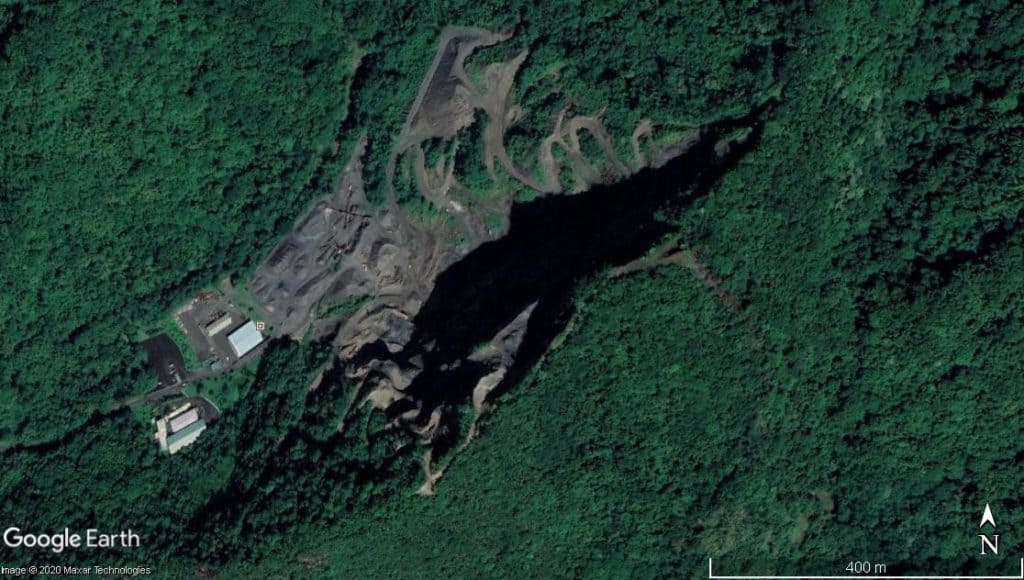The lockdown measures imposed on the construction and manufacturing sector at the peak of the COVID-19 pandemic have resulted in environmental restoration for three communities affected by quarrying in the Northern Range of Trinidad. This, according to representatives from civil society organisations (CSOs) operating in Matura, Valencia and Acono, who all described the nine-week stoppage on industrial activity as a period of peace, unfamiliar silence, clean roads, and clean air.
“It reminded me of when I first came to Matura to live… peaceful. There was no dust, no constant noise. For the first time in 15 years the hummingbirds came back, and I could hear monkeys in my back yard”, said Genevieve Guy, project coordinator of the Matura Women’s Group.
Guy described a time before quarrying when she could have walked the Orosco Road to the beach and seen wild animals crossing and feeding. For years she not been able to enjoy such walks until April into May when lockdown conditions brought a respite from the dust and sharp sand coating the roads .
With the lifting of the lockdown on the manufacturing and construction sectors from May 20, Guy observed the resumption of quarrying activities that include the return of trucks, noise and constant dust. She now fears the monkeys and hummingbirds may once again retreat deep into the forest.
Eron Melville, community activist and the president of the Valencia Community Council, had a similar story of his community. For the first time in 20 years, he said, the Valencia community had experienced no dust problems with residents with respiratory illnesses experiencing less episodes.
Melville also reported that the Valencia River was clearer from the absence of silt and that roads were free of mud and dirt. He is grateful that the rainy season immediately followed the resumption of quarrying activities because the rains offer some relief from the dust.
Sentiments were similar in the Village of Acono, where Kelvin Nakhid, Vice-President of the Maracas Valley Action Committee resides. He described the weeks of lockdown as a period of peace during which residents were not awakened by blasting on the hillsides and where one could walk the narrow streets of Acono without fear of being run over by massive trucks. For six weeks, this community savoured the experience of what it would be like to not live at the foot of the largest privately-owned limestone quarry in Trinidad and Tobago.

Quarrying activities spew a significant amount of dust into the environment and can destabilise ecosystems and threaten human health. However, sustainable management of extractive activities like mining and quarrying can reduce these negative impacts. Unfortunately, according to Trinidad and Tobago’s Extractive Industries Transparency Initiative (EITI) Report for 2017, only 8 out of 65 known quarrying companies are operating with valid licenses and highlights that “several environmental problems arise through unlicensed operations, given that they fall outside of the environmental regulatory system.”
Both the Environmental Management Authority and the Ministry of Energy require that operators rehabilitate sites after quarrying activities are concluded but the scarred hillsides in the Northern Range tell a different story.
In pursuit of greater sustainability of the sector, the TTEITI has called on the Government to ensure, at a minimum, that State-Owned Enterprises in the mining sector are licensed and regulated in conformity with the conditions of their licensing requirements. These include the observance of basic mitigation measures by quarry operators.
Like others in communities along the Northern Range, the residents of Matura, Valencia and Acono Village are hoping the authorities will seize the opportunity provided by the pandemic to bring the quarrying industry in line with national standards and global best practice.





